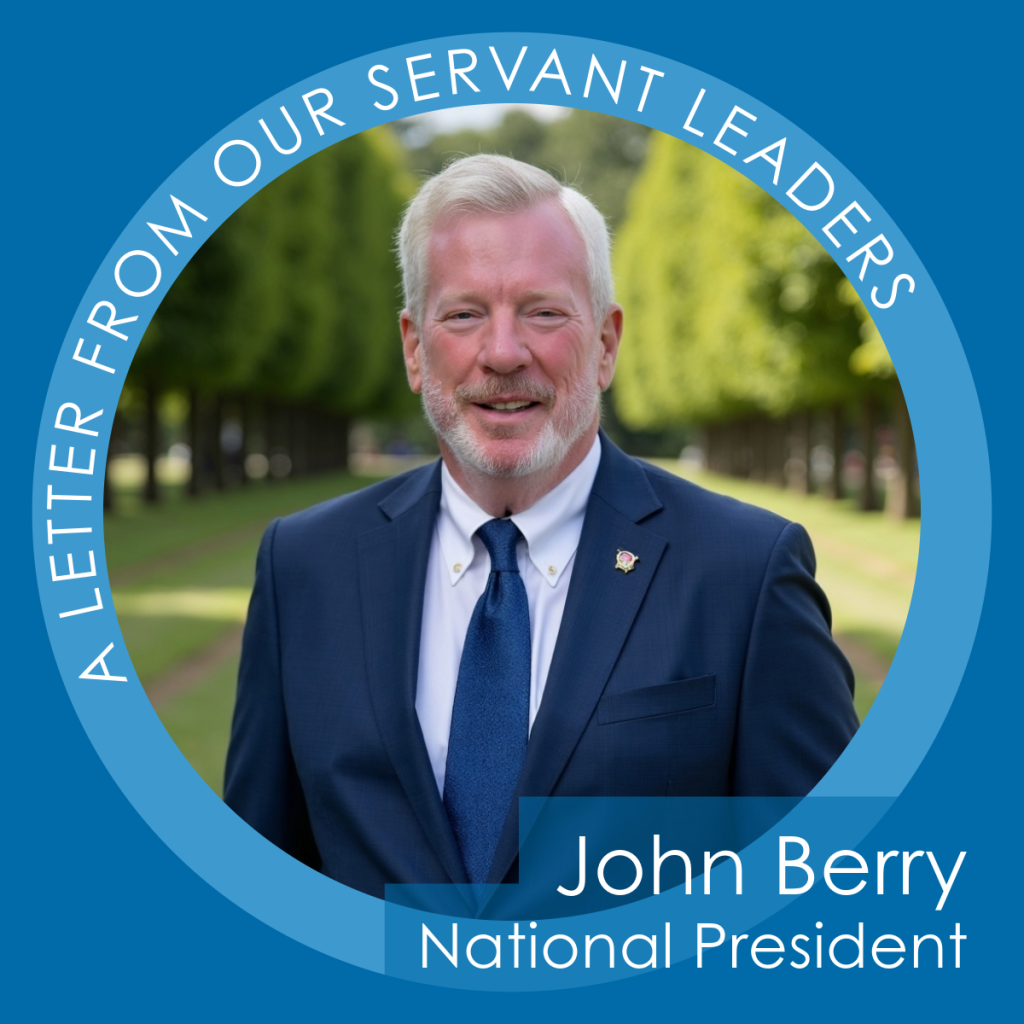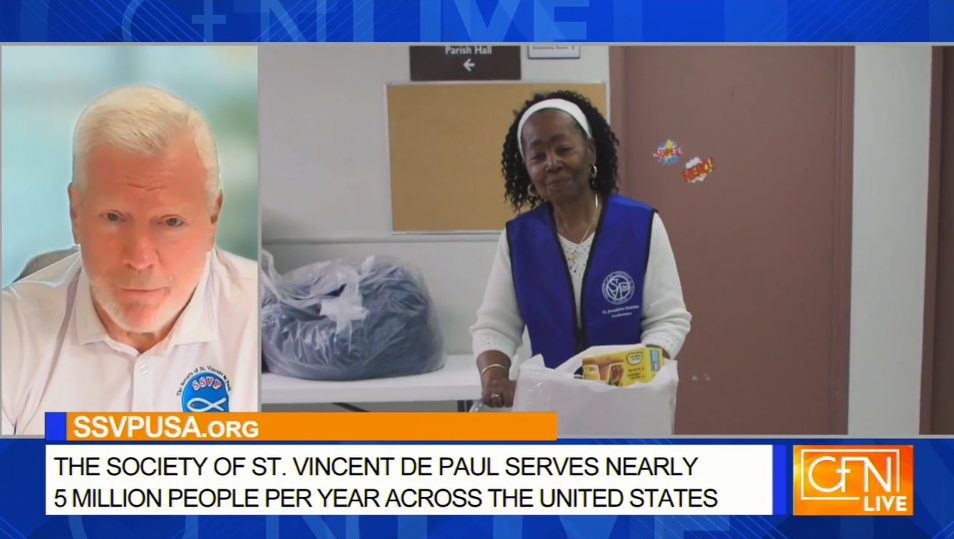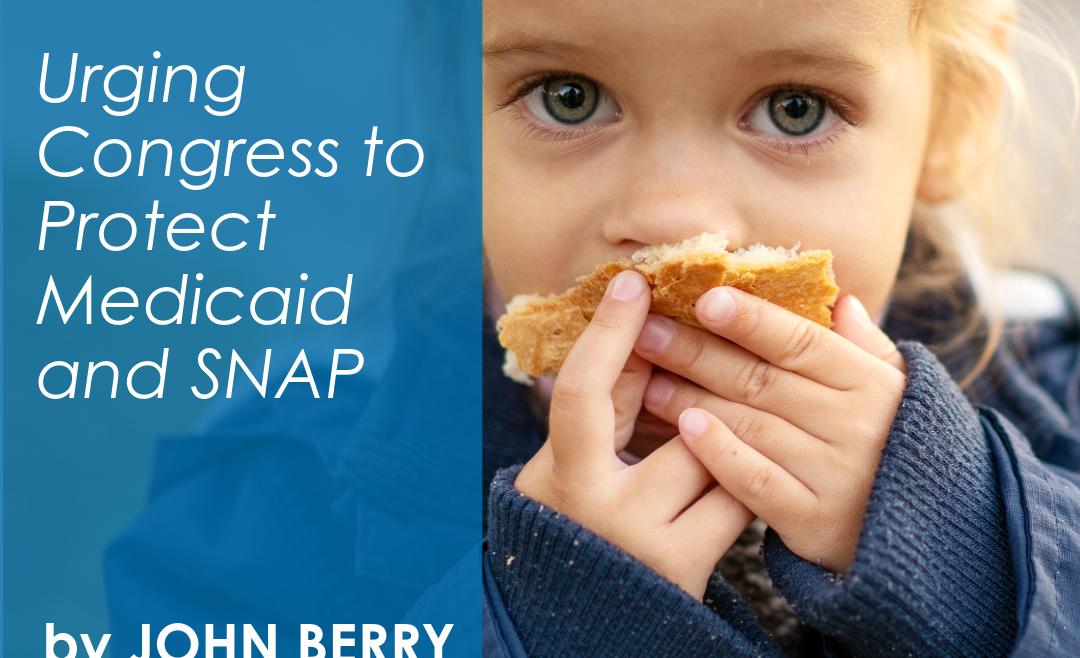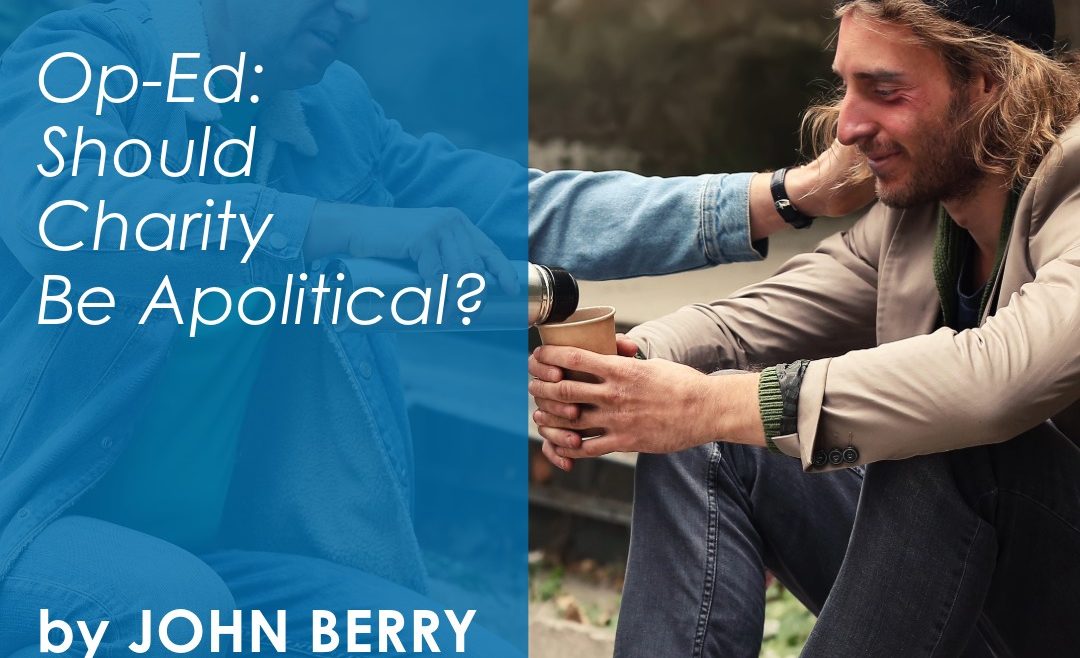
Walking from Jerusalem to Jericho
This past weekend the Gospel reading was one of my favorites, the parable of The Good Samaritan. This is one of not just my, but a lot of people’s, favorite parables. You might call it one of Jesus’s greatest hits. It is so famous it has a hospital named after it in about every city in the country. And it is quoted by politicians, philosophers, and by that relative at every holiday dinner who manages to turn every conversation into a lecture for everyone at the dinner table.
But let’s look at it a little differently. We know the obvious point, right? ‘Help people in need.’ Yet if this parable were only about emergency roadside assistance, we would be done by now; grab a Band-Aid and a bottle of oil, and we are Saints. But Jesus never told a story just for the surface lesson. So if that’s the case, and we know it is, let’s dig deeper, with a smile, with honesty, and, I hope, with a spirit that finds real hope, not guilt, in his challenge to us to find his message.
The road from Jerusalem to Jericho, back in the day, was steep, twisty, and notorious for trouble. The star of the story, the Traveler, gets mugged and left half-dead. Enter three characters: first, the Priest, followed by the Levite. Both see the poor man but pull off the world’s earliest and most literal example of “ghosting.” Now, I do not know about you, but I think that if there were smartphones back then, I’m betting one of them was busy pretending to text while tiptoeing away. (“Sorry bro, can’t help, on an important call with my camel dealer!”)
And then comes The Samaritan, cue the dramatic gasp from Jesus’s original audience. Samaritans and Jews hated each other. Absolutely hated! If you were writing this as a modern sitcom, the soundtrack would add seriously ominous music. This Samaritan, who had every cultural excuse to pass by, stops, helps, pays, and promises to return.
But Jesus doesn’t end the story there with, “So, go and make better to-do lists for good deeds,” but instead, he flips the question the legal expert asks, “Who is my neighbor?” Jesus answers, in effect, “Go and be a neighbor.”
Fast-forward 2,025 years. The Jericho Road is now a six-lane highway, and our roadsides are crowded with not just one, but millions left battered by poverty, caught by cycles of injustice, overlooked by a world zooming past. We find “travelers” in every city and suburb, some homeless, others burdened by injustice, isolation, or the crushing weight of being unseen. And if we are honest, most of us have, at times, played every role in the story. Some days, we are rushing by, busy and tired. Other days, we stop and help. Some days, we are the one in the ditch, praying someone will notice.
But before any guilt creeps in, I believe that we should view the message of the parable not as Jesus’ way of condemning us to a life of exhausted do-goodery. But rather as a call to discover the joy, the promise, the adventure of becoming neighbors in a world allergic to neighborliness. There is no room for guilt here, only the possibility to wake up and be happy as we do.
You see, maybe Jesus told this story with a twinkle in his eye. He knew that if he gave us a hero from an unexpected place, (a Samaritan!) and a cast of respectable bystanders who miss their calling, it would rattle us out of self-righteousness. The story is not about racking up merit badges for kindness; it is about the delight of seeing with new eyes.
The gentle shock of self realization in this parable is the great equalizer. After all, who among us has not crossed the street to avoid an awkward situation, pretending suddenly to be engrossed by a shop window, or suddenly finding great interest in a can of beans at the grocery store to avoid someone? Jesus understood this. He uses the priest and Levite to show us: you are not alone in your discomfort. We all get squeamish. But don’t worry! Today is a new day, and mercy is always waiting for its cue.
There is an old saying: “Guilt can make good house guests, but they shouldn’t move in.” The Good Samaritan never helped because of guilt, he helped because he saw. Mercy only comes from seeing.
Jesus invites us not to be superheroes, but neighbors with open eyes. The point is not to solve every problem overnight or save the world alone. The Samaritan did not defeat the muggers, set up new road policies, or even stick around for years. He did what he could, with what he had, right in front of him, and he kept the compassion going.
What is more, the story upends the idea of “us and them.” The Samaritan helps not because of obligation, but because he knows what it is like to be on the margins himself. When you recognize your own wounds, it becomes easier to admit: “There but for the grace of God go I. Today I am the helper. Tomorrow, I need a hand.”
How, then, do we live out this parable in a noisy, divided, and complex world? How do we approach poverty and justice without falling into despair, or worse, numb indifference? Here are a few thoughts, think of them as “Samaritan Survival Tips” for the modern age:
Slow Down, Look Around, See
- Look – rushing past is easier when we don’t look at people. The gift of the parable is the reminder that compassion starts by seeing, not solutions, not strategies, but faces. This week, try this as an experiment: wherever you go, make eye contact with one extra person. Notice who usually goes unnoticed.
- See: If you are met with a smile, celebrate! If you’re met with a grumpy stare, congratulate yourself for finding a true neighbor-in-waiting.
Limitations Are not Lethal
- The Samaritan did not fix everything; he just did his part. You won’t eradicate global poverty on your lunch break. But can you buy a meal for one person, write a kind note, or support a group working for justice? Absolutely.
- And if you are an overachiever, remember, even the Samaritan took that guy to an inn. He didn’t build a hospital on the spot!
Break the Paradigms
- The Samaritan crossed social divides. Today, that might mean listening to someone with a different political viewpoint (OMG, really?!?), religious, or cultural background, or inviting them for coffee.
- When you are tempted to judge or turn away, remember: every act that builds a bridge makes the world a bit less lonely.
Make Justice Personal
- There is a temptation to think justice is for “the professionals” or for someday when you have more time. But real justice begins with small, personal changes; paying attention, advocating when you can, supporting policies that help the vulnerable.
- It is the little things: fair wages for workers, welcoming newcomers, not hoarding all the snacks in the office kitchen (a true act of mercy!).
Practice Joyful Generosity
- The Samaritan’s help was not grim or resentful – it was generous, practical, and promised a return. Let us find ways to give that bring us joy, not just obligation. The smallest gift, given with lightness, can change someone’s life, and yours too.
The parable of the Good Samaritan is not a burden; it’s an invitation to a bigger, bolder, and happier life. It is about discovering our ability for mercy every day, in ordinary places, for ordinary people; travelers and strangers who are, in the mystery of faith, our very selves.
So, let us each walk our own Jericho road with our eyes open and our spirits light, ready for the unexpected. You may find your call not just in grand gestures, but in a smile, a meal, a shared laugh, or the willingness to be present when no one else does.
Remember: the world doesn’t just need more “good Samaritans;” the world needs more neighbors. Let us be those people together, with a bit of holy hope, and a lot of joy.
Peace and God’s blessings,
John




 SVdP USA National President John Berry Urges Congress to Protect Medicaid and SNAP
SVdP USA National President John Berry Urges Congress to Protect Medicaid and SNAP